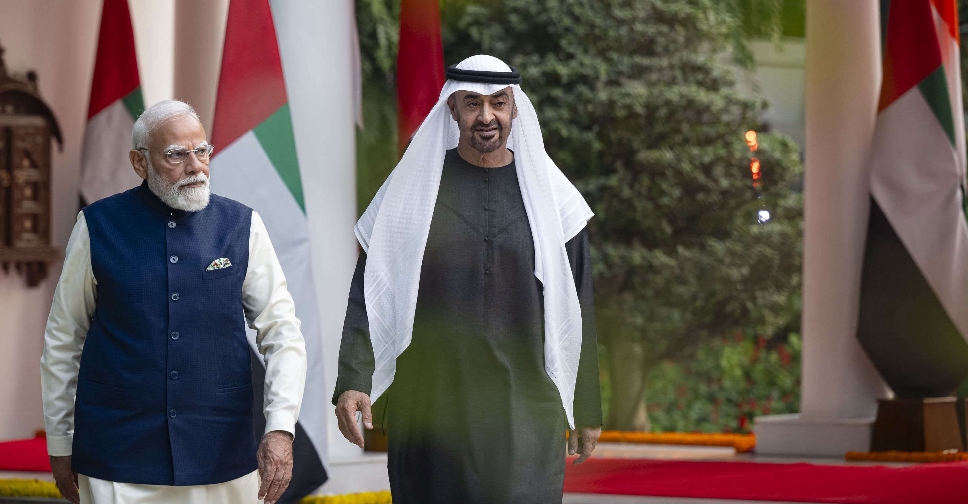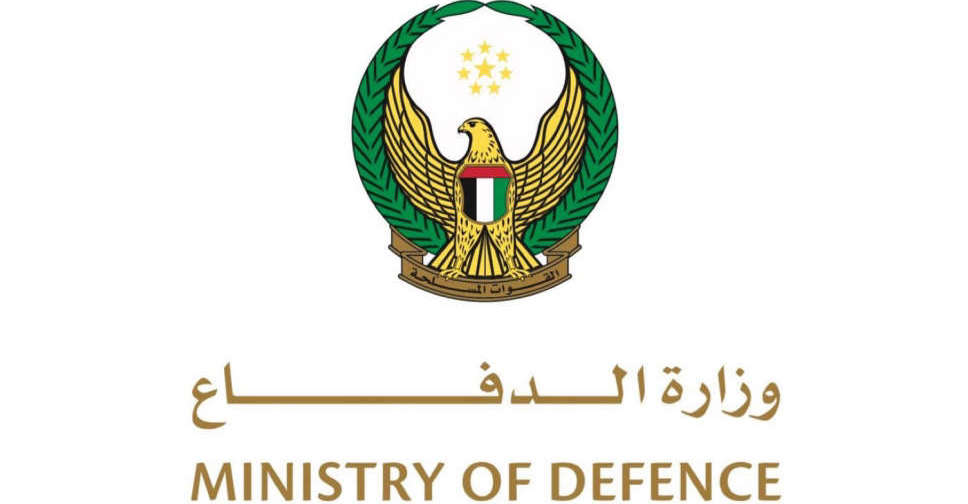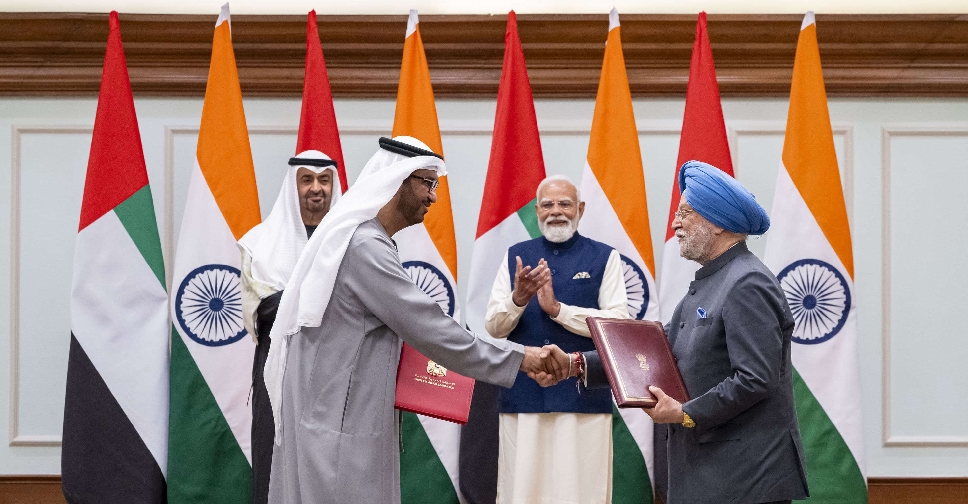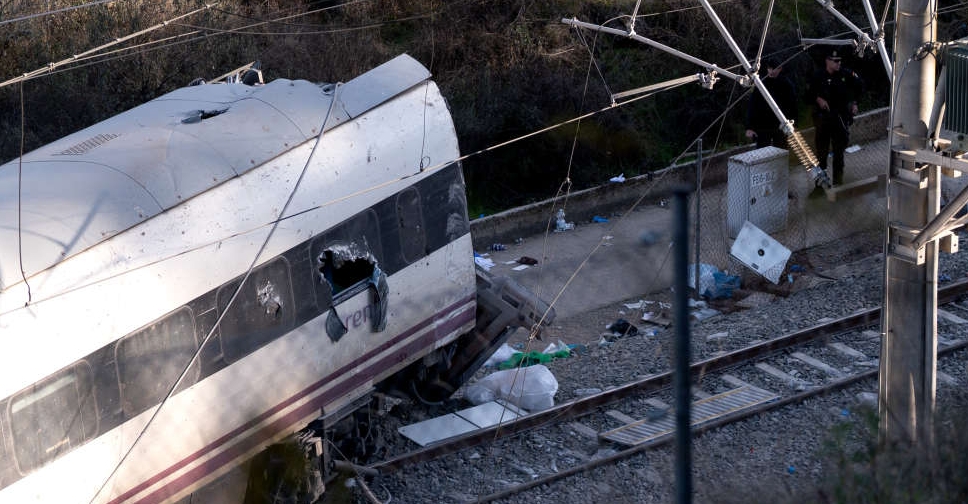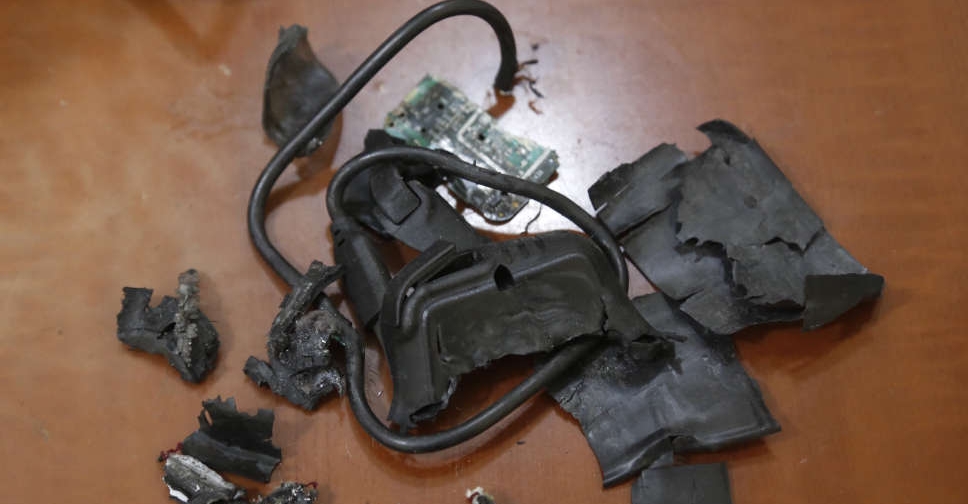
Prime Minister Benjamin Netanyahu confirmed on Sunday that he authorised the deadly attack on Hezbollah communications devices in Lebanon in September.
This confirmation by the Israeli PM marked the first time Israel has publicly admitted to being behind the operation. Lebanon has always accused Israel of being behind the attack, but they neither confirmed or denied their involvement until now.
The attack, which targeted Hezbollah’s pager system, resulted in explosions that killed 39 people and wounded approximately 3,000, occurring over two consecutive days in supermarkets, streets, and funerals.
The operation preceded Israel's ongoing military actions in Lebanon, which escalated in late September following Hezbollah’s strikes on Israel, supporting Hamas after the October 7 attack on Israel.
Since then, violence has intensified, with Israel launching airstrikes and sending ground troops into southern Lebanon.

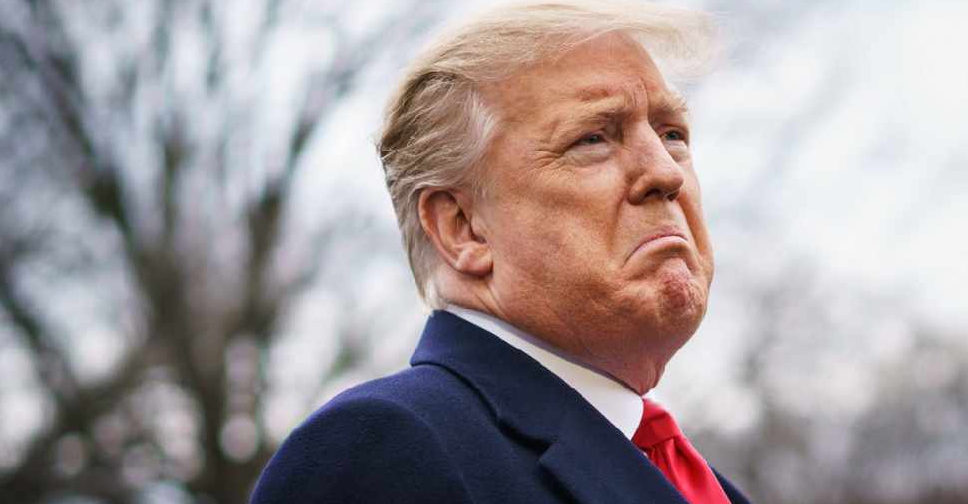 Trump links Greenland threat to Nobel Peace Prize snub, EU prepares to retaliate
Trump links Greenland threat to Nobel Peace Prize snub, EU prepares to retaliate
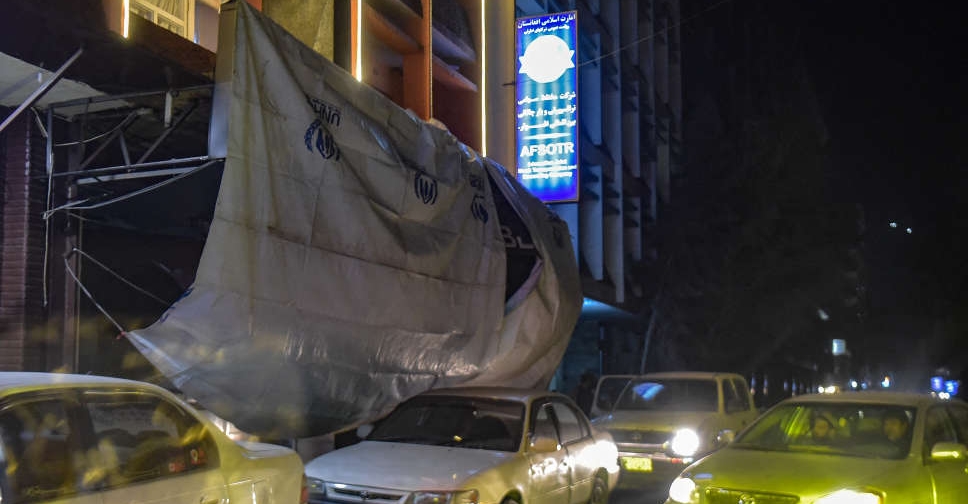 Blast kills seven at Chinese-run restaurant in Afghan capital
Blast kills seven at Chinese-run restaurant in Afghan capital
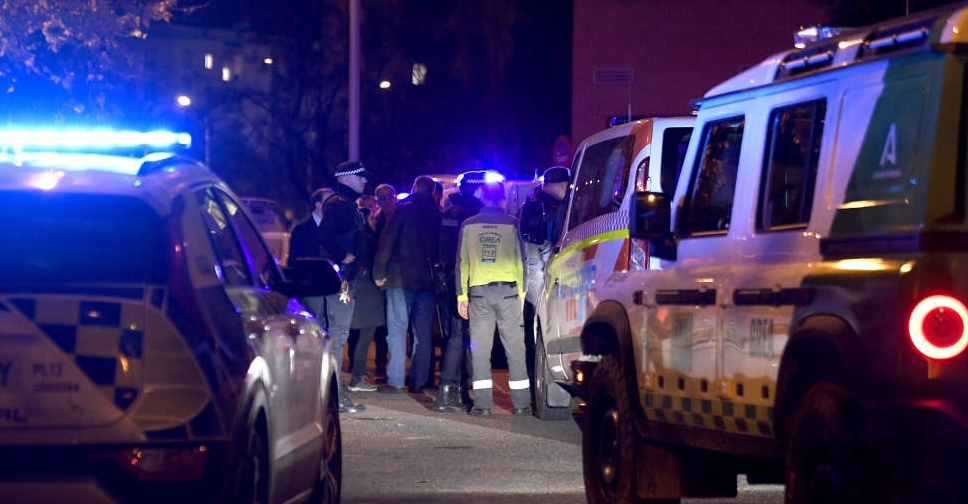 At least 43 missing, 40 dead in Spain after high-speed train collision
At least 43 missing, 40 dead in Spain after high-speed train collision
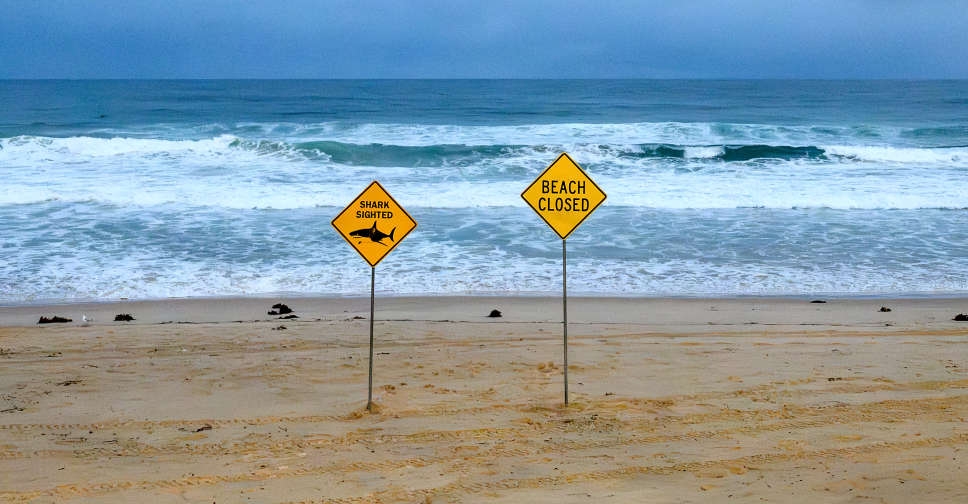 Australia shuts dozens of east coast beaches after shark attacks
Australia shuts dozens of east coast beaches after shark attacks
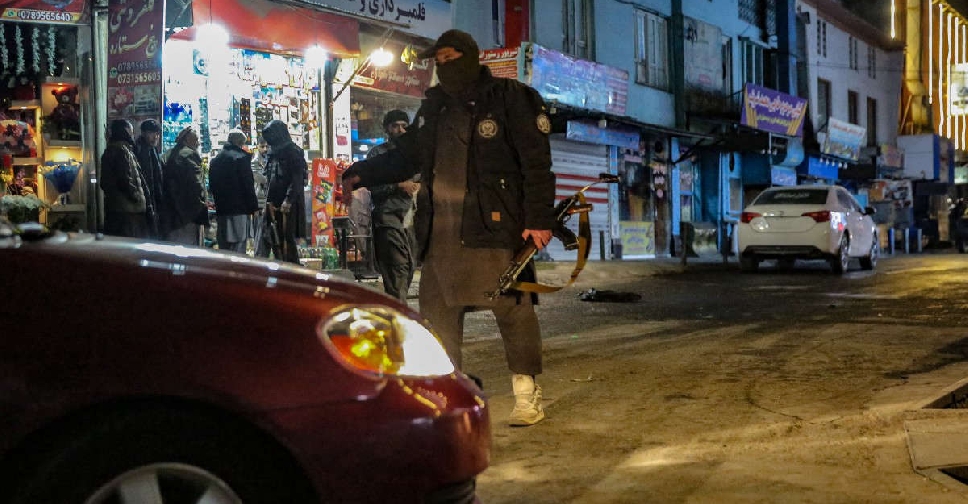 Blast kills seven at Chinese-run restaurant in Kabul
Blast kills seven at Chinese-run restaurant in Kabul
